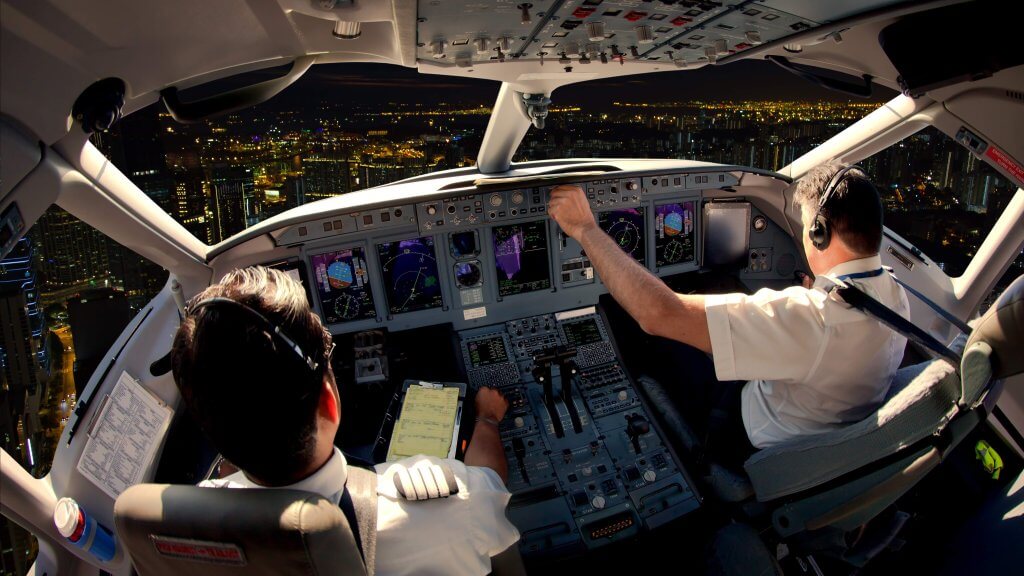Global Aviation Could Reach Net Zero by 2050 if Key Goals are Met By 2030 – Report

A new report from the University of Cambridge has laid out a bold plan for global aviation to achieve net-zero emissions by 2050, if industry and governments meet four critical goals by 2030.
The report, Five Years to Chart a New Future for Aviation, was developed by the Aviation Impact Accelerator (AIA), a project led by Cambridge University and hosted by the Whittle Laboratory and the Cambridge Institute for Sustainability Leadership (CISL).
The aviation sector is at a pivotal juncture, similar to the automotive industry in the late 2000s when electric vehicles, championed by companies like Tesla, transformed the future of transportation, the report states.
Professor Rob Miller, Director of the Whittle Laboratory, said: “Our five-year plan is designed to accelerate this decision point in aviation, setting it on a path to achieve net zero by 2050.”
With aviation currently responsible for 2-3% of global CO2 emissions and up to 6% when including non-CO2 impacts, the sector faces growing pressure to decarbonize. The report warns that if these goals are not achieved by 2030, the aviation industry’s emissions could double by mid-century, making the challenge of mitigating its climate impact significantly more difficult.
The Four Key Goals to Reach Net Zero
The report lays out four Sustainable Aviation Goals that need to be initiated immediately and completed within the next five years. These steps are critical to putting aviation on track to meet global net-zero targets by 2050:
- Contrail Avoidance System: One of the fastest ways to reduce aviation’s climate impact is by deploying a global contrail avoidance system. Contrails, the clouds formed by aircraft, can trap heat in the atmosphere and contribute significantly to climate change. Research suggests that up to 40% of aviation’s climate impact could be reduced by avoiding areas of the atmosphere prone to contrail formation. The goal is to develop large-scale experiments to refine this system, potentially cutting aviation’s environmental footprint almost overnight.
- System-Wide Efficiency Gains: The second goal focuses on creating policies that unlock system-wide efficiency gains. By targeting inefficiencies that individual companies can’t tackle alone, this initiative could halve fuel burn by 2050. These gains would come from optimizing flight routes, improving air traffic management, and enhancing aircraft operations across the entire aviation network.
- Sustainable Aviation Fuel (SAF) Policy Reform: With the global demand for renewable energy rising, the third goal calls for comprehensive reform of Sustainable Aviation Fuel policies. These reforms would ensure that SAF production is both scalable and sustainable, accounting for global biomass limits while supporting the rapid development of renewable electricity. The report highlights the importance of setting global policies that minimize the wider impact of SAFs on climate and biodiversity.
- Moonshot Technology Demonstrations: The final goal pushes for the launch of several transformative technology demonstration programs, known as “moonshots.” These would focus on advancing breakthrough innovations, such as long-haul hydrogen-powered aircraft. Hydrogen is particularly promising due to its lightweight nature and the potential to eliminate CO2 emissions from long-distance flights. Fast-tracking these technologies could drastically reshape the aviation sector.
Urgency and Opportunities
The report is set to be presented to industry leaders during Climate Week NYC, as part of events hosted by the Sustainable Markets Initiative, founded by King Charles III. Aviation is still significantly off course in its efforts to achieve net-zero emissions by 2050, despite pledges from governments and industry. The Cambridge team warns that without swift and coordinated action, the aviation sector risks exacerbating the climate crisis as global demand for air travel continues to rise.
Eliot Whittington, executive director of the Cambridge Institute for Sustainability Leadership, highlighted the sector’s crossroads, stating, “There are major challenges to be navigated if we’re to achieve net-zero flying at scale, but it is possible. With focus and a step change in ambition from governments and business, we can address the hurdles, unlock sustainable flying, and in doing so, build new industries and support wider economic change.”




